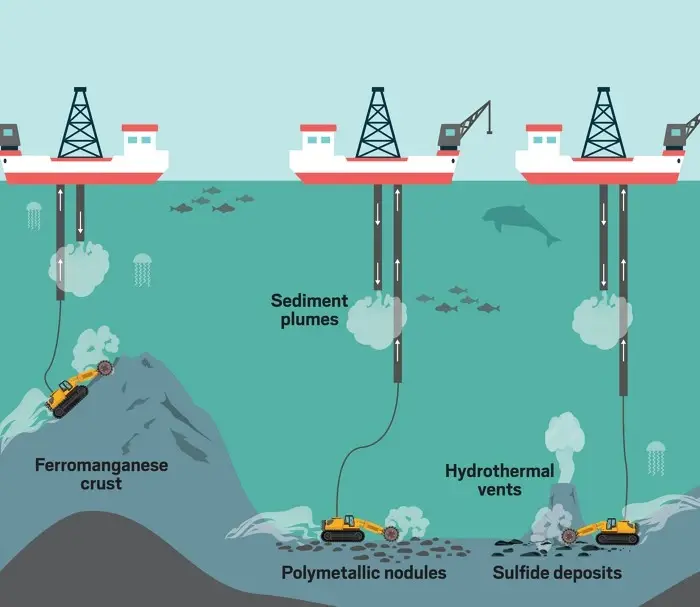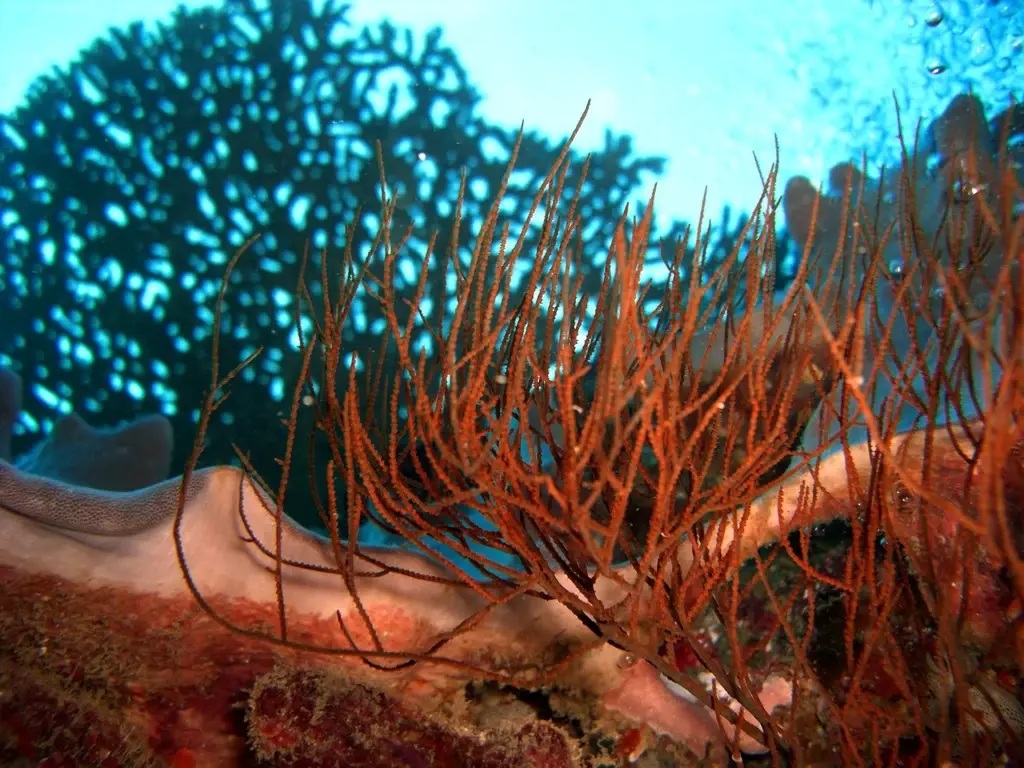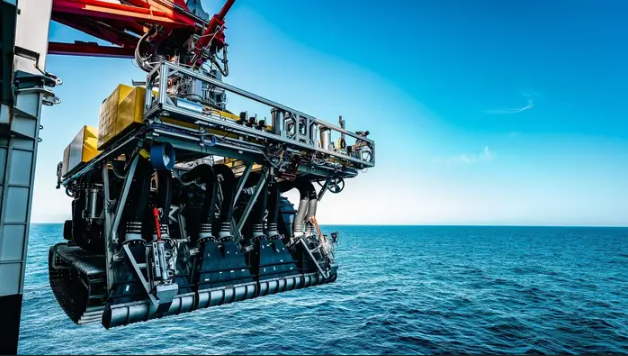Amid global economic tensions, a new frontier is emerging: deep sea mining. The potential shortage of certain minerals is pushing some countries to consider exploiting the ocean’s deep seabed. Yet this emerging activity raises as many economic hopes as ecological controversies.
A Frontier 20,000 Leagues Under the Sea
Little known to the general public, deep sea mining refers to the extraction of minerals and precious metals located on the ocean floor, generally at depths greater than 1,000 meters. The abyssal seabeds extend several kilometers below the ocean’s surface, forming vast submerged plains still largely unexplored.
However, their accessibility is extremely challenging due to high pressure, total darkness, and remoteness, which has long hindered thorough study. Yet these hostile environments host exceptional biodiversity, including many endemic species still unknown to science.

In the era of energy and digital transitions, global demand for critical metals is exploding. Every smartphone, electric vehicle battery, computer, or solar panel depends on resources like nickel, cobalt, copper, and manganese. These elements, essential for battery and electronic component manufacturing, are becoming scarce on the Earth’s surface or concentrated in only a few countries.
Facing this resource tension, the deep ocean now appears as a new territory to conquer. Abyssal plains contain significant deposits in the form of polymetallic nodules, hydrothermal sulfides, or cobalt-rich crusts, attracting growing interest from major mining companies and powerful states. For many, these zones represent the next Eldorado of raw materials, at the risk of disrupting largely unknown ecosystems.
What About Regulation?
Commercial exploitation has not yet started, but exploration permits have been granted, mainly by the International Seabed Authority (ISA), a UN body.
More than thirty exploration contracts have been issued to companies and states (including China, Japan, France, Russia, and private consortiums). A moratorium or regulatory pause is being demanded by several countries and NGOs due to the lack of reliable environmental impact studies.
There is also talk of a Seabed Mining Code to regulate exploitation, but it is still under negotiation and appears difficult to implement.

Meanwhile, the USA made headlines recently. Donald Trump once again ignored international norms by authorizing mining in high seas within and beyond national waters. Deprived of Chinese resources, the U.S. is particularly targeting these mineral-rich deep-sea nodules.
Unsurprisingly, China reacted strongly, denouncing a violation of international law (irony indeed). The rest of the world, led by environmental organizations, also fears massive plundering and destruction of the seabed.
Source: mac4ever




